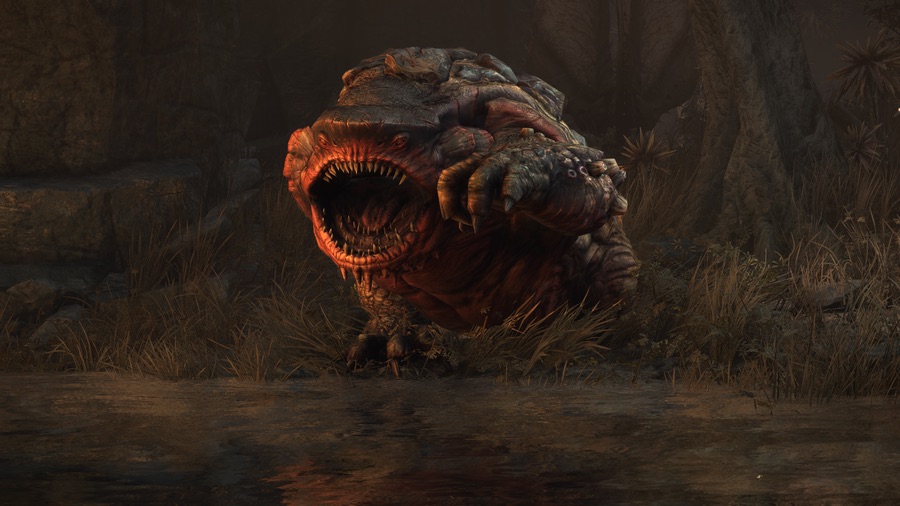
evolve [ih-volv] Word Origin verb (used with object), e·volved, e·volv·ing.
- to develop gradually: to evolve a scheme.
- to give off or emit, as odors or vapors.
verb (used without object), e·volved, e·volv·ing.
- to come forth gradually into being; develop; undergo evolution: The whole idea evolved from a casual remark.
- to gradually change one’s opinions or beliefs: candidates who are still evolving on the issue; an evolved feminist mom.
- Biology. to develop by a process of evolution to a different adaptive state or condition: The human species evolved from an ancestor that was probably arboreal.
Origin of evolve 1635–45; Latin ēvolvere to unroll, open, unfold, equivalent to ē- e-1 + volvere to roll, turnRelated formse·volv·a·ble, adjectivee·volve·ment, noune·volv·er, nounnon·e·volv·ing, adjectiveself-e·volved, adjectiveself-e·volv·ing, adjectiveun·e·volved, adjective British Dictionary definitions for evolvable evolve verb
- to develop or cause to develop gradually
- (intr) (of animal or plant species) to undergo evolution
- (tr) to yield, emit, or give off (heat, gas, vapour, etc)
Derived Formsevolvable, adjectiveevolvement, nounevolver, nounWord Origin for evolve C17: from Latin ēvolvere to unfold, from volvere to roll Word Origin and History for evolvable evolve v.
1640s, “to unfold, open out, expand,” from Latin evolvere “to unroll,” especially of books; figuratively “to make clear, disclose; to produce, develop,” from ex- “out” (see ex-) + volvere “to roll” (see volvox). Meaning “to develop by natural processes to a higher state” is from 1832. Related: Evolved; evolving.
evolvable in Science evolve [ĭ-vŏlv′]
- To undergo biological evolution, as in the development of new species or new traits within a species.
- To develop a characteristic through the process of evolution.
- To undergo change and development, as the structures of the universe.
 Liberal Dictionary English Dictionary
Liberal Dictionary English Dictionary